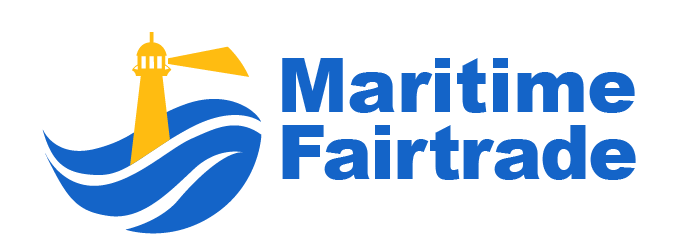Utilizing the power of business as a force for good and defender of universal values.
By Lee Kok Leong, executive editor, Maritime Fairtrade
In this pivotal moment where investors, consumers, activists and a significant segment of the global population are using their voices on social media to highlight and promote social causes, and importantly, using their money to make a stand, businesses are often caught in the crossfire between politics and profits.
However, making money and doing good are not mutually exclusive. In fact, it makes more economic sense and good public relations for companies to engage with this segment of socially-conscious consumers with high disposable incomes as they become more discerning about where their next purchasing dollar goes to.
By aligning with this particular consumer base, companies can build strong brand recognition, positive reputation and loyalty. Because of their social stand, they can attract and retain talent and achieve better financial result due to increased sales and loyalty for aligning with consumers’ values.
On the other hand, both retail and institutional investors are increasingly looking at non-financial metrics like the ESG (environmental, social and governance) criteria. There are growing concerns about the ethical status of the companies they are going to invest in, as beside investing for capital preservation and growth, they also want their investment to have impact on a social issue they care about.
By voting with their wallets, investors want companies to be accountable in generating a positive social impact alongside a financial return. Even lenders and rating agencies expect some form of compliance to the ESG criteria.
Social activism gaining traction around the world
For CEOs, focusing on ESG factors can provide a more comprehensive view of potential risks and opportunities. Now, more than ever, they need to have the courage to forgo short-term gains that go against universal values or operate in places control by dictators that use forced labor and do not respect human rights. CEOs, and their shareholders and board members, need to relook the viability of doing business in a country where there is no freedom, where the minority is oppressed, or where there are genocide and crimes against humanity.
CEOs need to be on the right side of history and chart a course for their companies to operate ethically, sustainably and responsibly within the communities they serve. A social purpose has to be embedded into the business DNA because at the end of the day, companies, regardless of size and industry, that do not value doing good, will have no relevance in this new era.

No room for genocide
Many athletes took to social media to raise awareness about societal issues close to their hearts and because of their celebrity status and huge following, they do have a significant amount of influence to sway public opinion on certain hot button issues. For example, the Communist Party of China (CCP) has long been accused of suppressing cultural and religious freedom in Tibet.
On October 21, NBA Boston Celtics center Enes Kanter expressed support for the Free Tibet movement on Twitter. On October 22, he doubled down and drew attention to the human rights abuses suffered by the Uyghur people of the Xinjiang region. He denounced Xi Jinping as a “heartless dictator” and called on him to close down all slave labor camps.
In the UK on October 19, 137 politicians told the parliament’s pension fund to drop investment to Chinese companies accused of complicity in gross human rights violations or institutions linked to the Chinese state. The Parliamentary Contributory Pension Fund has £2.9 million (US$3.9 million) invested in Alibaba and £900,000 (US$1.2 million) in Tencent, as well as investments in China Construction Bank and Sinopec, the chemical and oil firm.
A letter to the fund’s trustees stated: “Aside from being two of the largest technology companies in China, Alibaba and Tencent regularly collaborate with the Chinese state in maintaining internet censorship through the ‘Great Firewall’ and have provided the government with surveillance patents for software which has been put to use against the Uyghurs.” The House of Commons voted in March to back a motion stating the CCP’s treatment of the Uyghurs in Xinjiang province as “genocide.”
Doing good is the new normal
Companies today are expected to play a bigger role to effect social change within the region they operate in. Some issues, such as genocide and human rights abuses, have become more pressing in the eyes of stakeholders due to growing concerns about the seemingly unlimited powers of dictators and their increased transgressions and blatant violations of a rules-based order.
Every company is responsible for ensuring that ethical policies are in place to support profitability and shape economic growth sustainably, while at the same time, to earn stakeholders’ trust through such actions as ethical business practice, transparent business conduct, data privacy, commitment to human rights, and fighting corruption and fraud.
CEOs must ensure that their strategies are targeted and relevant to the communities they serve. In the new era that is now, doing good is, slowly but surely, becoming a mainstay in the global business community and will be a key measurement metric alongside financial success.










